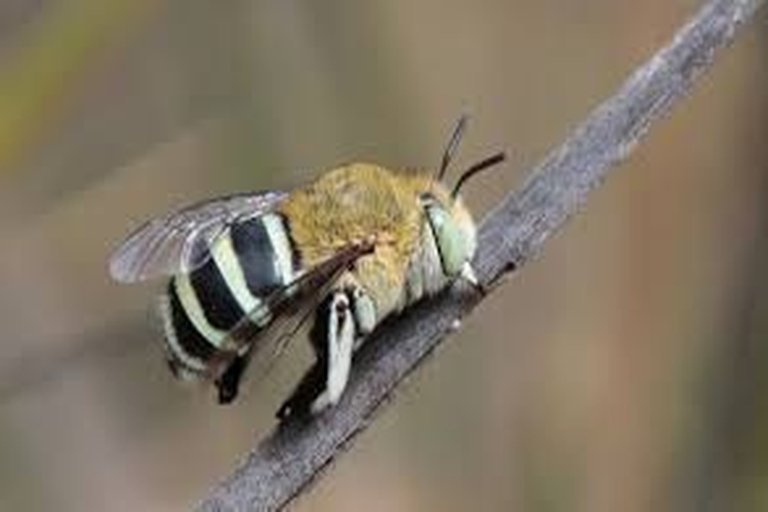Eco & Environment
Australia’s Native Bees: Tiny Pollinators Facing Big Challenges
Scientists are raising concerns over the decline of native bee populations due to habitat loss and pesticide use, urging protection measures that can help support biodiversity in fragile ecosystems.
2025-05-16 • By Priya Bennett

Amid growing concern for biodiversity loss in Australia, native bees are quietly becoming the focus of conservationists, scientists, and farmers alike. Unlike the European honeybee, Australia’s native bees are often solitary, stingless, and uniquely adapted to their environment.
In suburban backyards and eucalyptus groves, these tiny pollinators play an outsized role. According to Dr. Alicia Thomas from the University of Sydney, some native bee species pollinate crops more efficiently than their imported cousins. 'Their buzzing vibration technique is perfect for tomatoes and blueberries,' she explains.
Despite their ecological importance, many Australians remain unaware of the challenges native bees face. Habitat destruction from land clearing, pesticide use, and climate change have severely impacted their populations. Without protection, scientists warn, we may lose them before fully understanding their value.
Beekeepers are also taking note. While honey production is not a focus, some are building native bee hotels — wooden structures with bamboo and holes that provide nesting spots. These initiatives are especially effective in urban areas, where natural tree hollows are scarce.
The push to raise awareness is spreading through schools and community groups. Educational programs teach children to recognize native bee species, avoid disturbing their nests, and plant pollinator-friendly flowers. 'Conservation starts with recognition,' says primary school teacher Megan Wu, who runs a bee club for her students.
In Queensland, a pilot program is studying how native bees can support macadamia farming. Early results are promising: yield increased by up to 20% where native pollinators were present. This has sparked interest in integrating ecological practices into agricultural planning.
However, experts warn that real progress depends on policy. 'We need national guidelines for habitat protection,' urges Dr. Thomas. Without legal safeguards, efforts to encourage bee-friendly farming may fall short. Still, she remains optimistic. 'These bees have survived millennia in harsh conditions. With our help, they’ll continue to thrive.'
